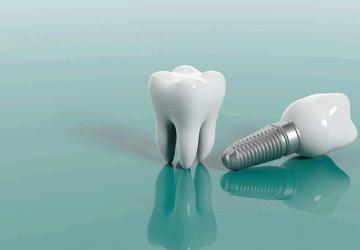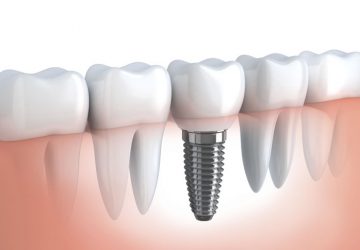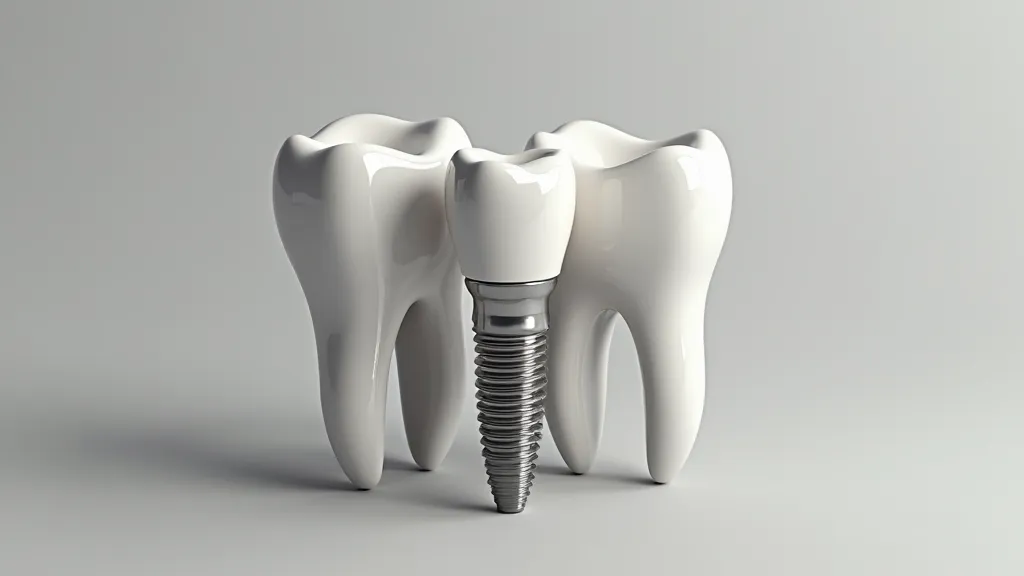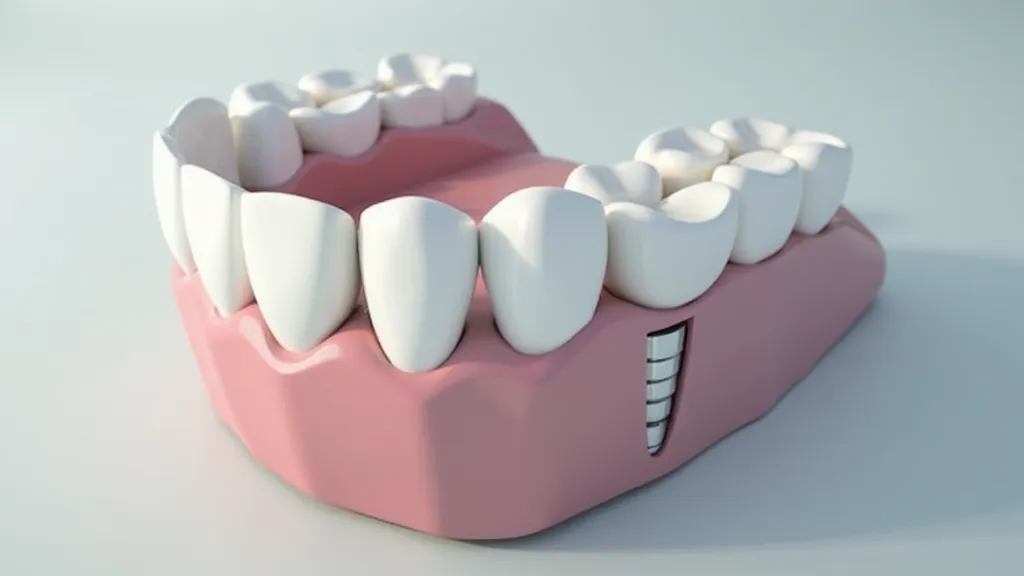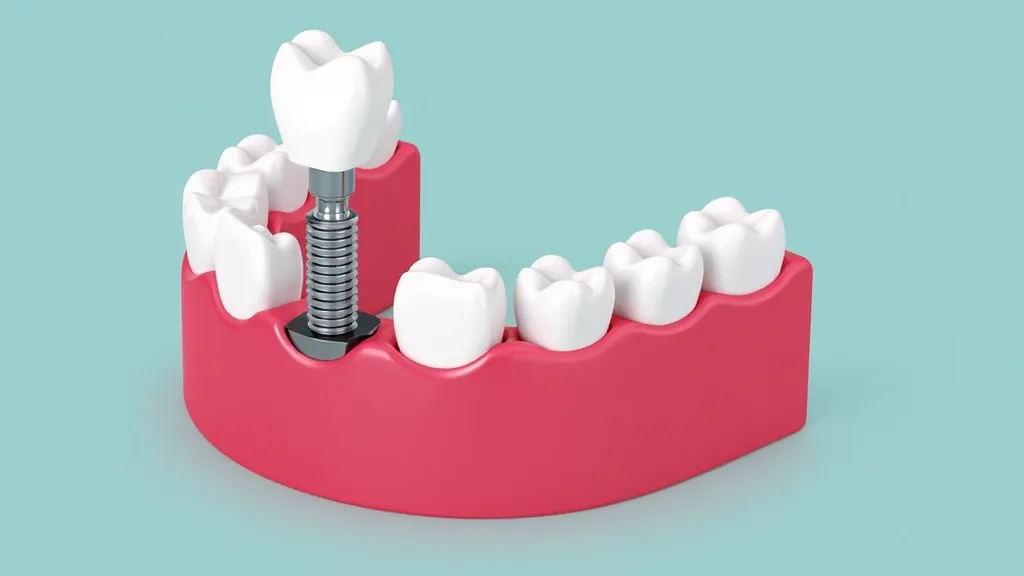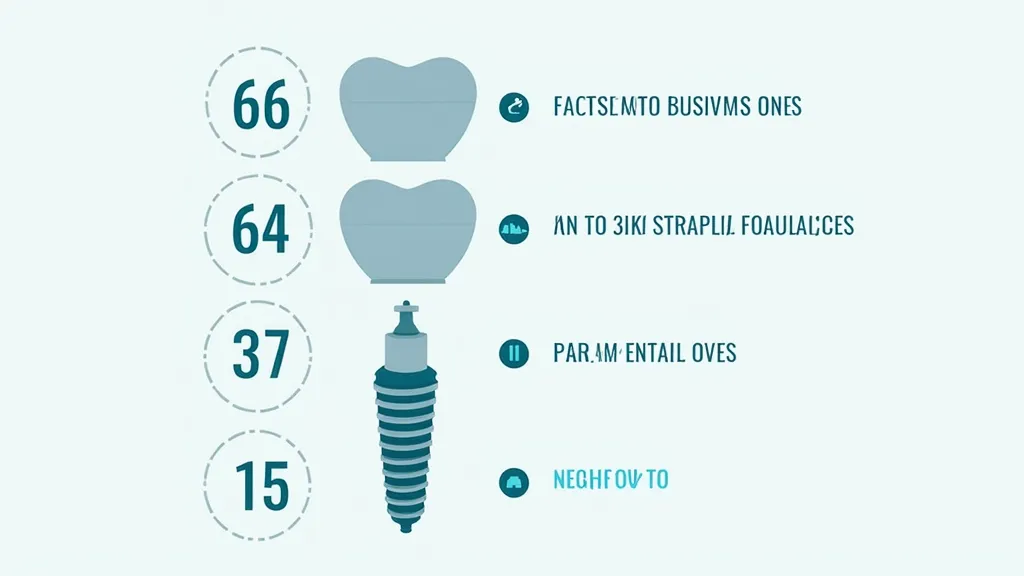Your Guide to Dental Implants Near Me
Discover everything about dental implants, including options, prices, and funding for 2025.

Introduction to Dental Implants
If you're searching for dental implants near me, you’re not alone. Dental implants have become a popular solution for those suffering from tooth loss. They offer a good alternative to dentures and bridges, providing a more natural look and feel. In this guide, we will explore various aspects of dental implants, including types, costs, and funding options available in 2025.
What are Dental Implants?
Dental implants are artificial tooth roots made from titanium, which are surgically placed into the jawbone. Once healed, they can support crowns, bridges, or full mouth dental implants, creating a stable and durable solution for missing teeth. This process not only restores your smile but also helps maintain the integrity of your jawbone.
Types of Dental Implants
When considering full mouth dental implants near me, it’s essential to understand the types available:
- Endosteal Implants: The very common type, these implants are placed directly into the jawbone.
- Subperiosteal Implants: These are placed under the gum but above the jawbone, suitable for patients with minimal bone height.
- All-on-4 Implants: A solution for those needing a full set of teeth; it uses four implants to support an entire arch of teeth.
Dental Implant Prices: What to Expect
The cost of dental implants varies widely based on several factors, including the type of implant, the complexity of the procedure, and the location of the clinic. Generally, dental implant prices can range from $1,500 to $6,000 per implant, with full mouth implants costing significantly more. Here’s a breakdown of costs you might encounter:
- Initial Consultation: $100 - $300
- X-rays and Imaging: $50 - $500
- Surgical Procedure: $1,500 - $6,000
- Crown Placement: $800 - $3,000
Funding for Dental Implants in 2025
Funding options for dental implants are crucial for many individuals considering this procedure. In 2025, several financing solutions are available:
- Dental Insurance: Some insurance plans may cover a portion of the dental implant costs. Always check your policy for specific coverage details.
- Payment Plans: Many dental clinics offer payment plans that allow you to spread the cost over several months.
- CareCredit: A healthcare credit card specifically for dental procedures can help manage the cost of your implants.
- Personal Loans: Consider personal loans from banks or credit unions with favorable interest rates.
Dental Implants for Seniors
Many seniors seek dental implants as a reliable solution for tooth loss. Aging can lead to bone density loss, which may complicate the implant process. However, advancements in dentistry have made it possible for seniors to receive implants with appropriate planning and care. Here are some considerations for seniors:
- Bone Density: A thorough evaluation of bone density is crucial for successful implants. In some cases, bone grafting may be necessary.
- Overall Health: Seniors should discuss any health conditions with their dentist to ensure they are suitable candidates for implants.
- Maintenance: Proper oral hygiene and regular dental check-ups are essential for maintaining implants.
Finding a Dental Implant Clinic Near You
When searching for a dental implant clinic near me, consider the following tips:
- Research: Look for clinics with positive reviews and testimonials from past patients.
- Consultation: Schedule consultations with multiple clinics to compare approaches, prices, and comfort levels.
- Credentials: Ensure the dentist is qualified and experienced in placing implants.
Frequently Asked Questions (FAQ)
1. How long do dental implants last?
With proper care, dental implants can last a lifetime. Regular dental check-ups and good oral hygiene significantly contribute to their longevity.
2. Are dental implants painful?
Very patients report minimal discomfort during the procedure, thanks to anesthesia. Post-operative pain can usually be managed with over-the-counter medication.
3. How long does the dental implant process take?
The entire process, from initial consultation to the final crown placement, can take several months, depending on healing times and the complexity of your case.
4. Can anyone get dental implants?
Very adults are eligible for dental implants, but factors like bone density and overall health can influence candidacy. A consultation with your dentist will help determine your suitability.
5. What are the risks associated with dental implants?
As with any surgical procedure, there are risks, including infection, nerve damage, or implant failure. However, these are relatively rare when the procedure is performed by a qualified professional.
Conclusion
In conclusion, dental implants offer a reliable and aesthetically pleasing solution for those dealing with tooth loss. Whether you are considering full mouth dental implants or looking for funding options in 2025, understanding the process and costs involved is vital. With the right information and support, you can confidently embark on your journey to restore your smile.
References
-
1

Revolutionizing Smiles: The Breakthrough Innovations in Dental Implants Changing Oral Health Care Forever
-
2

Unveiling the Top Dental Implant Options for Seniors: Transform Your Smile with the Ultimate Guide to Restored Radiance
-
3

Understanding Dental Implants Costs and Financing
-
4

Discover the Key to a Dazzling Smile: Your Ultimate Handbook for Selecting the Ideal Tooth Replacement Option
-
5

Affordable Dental Implants Solutions Near You
